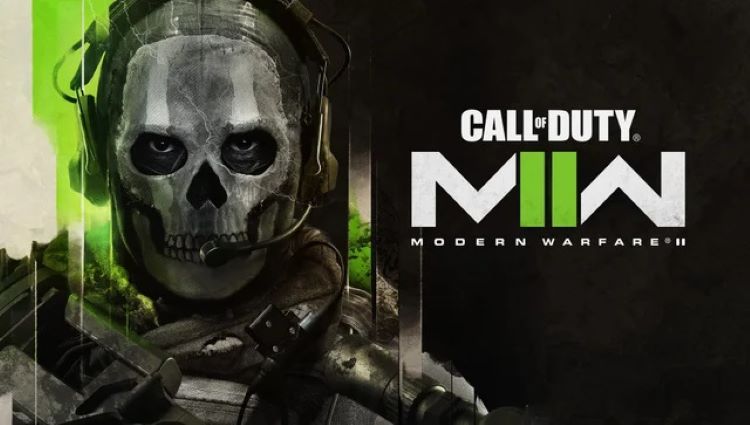Call of Duty Cheat Program Developers Ordered to Pay $3 Million in Damages
A court has decided that the developers of the Call of Duty cheat program EngineOwning are liable for $3 million in damages to Activision and must pay those damages. Throughout the Call of Duty community, cheating is a pervasive problem, and some cheaters have even made incredible efforts to find a way around the game’s anti-cheat mechanism. Many professionals have begun to drive away of the new Ranked Play option in Modern Warfare 2 because of the prevalence of hackers, and Warzone also has a rough past with cheating.
In October 2022, Activision filed a lawsuit against EngineOwning, a well-known purveyor of cheats, alleging that “high-profile” streams had used Warzone exploits. The makers of Warzone initially filed a lawsuit against the people who sold cheats in January 2022, saying that the cheats were responsible for “millions of dollars” in losses.
After a long legal battle, a judge has ordered two creators of EngineOwning to pay Activision $3 million in damages for their losses. Activision will finally collect some compensation.
In the lawsuit between Activision and EngineOwning, Activision was granted $3 million in damages
In October 2021, Activision launched its anti-cheat technology known as RICOCHET. Just under a year later, in October 2022, the company stated that RICOCHET had banned 500,000 Call of Duty accounts. Even though the robust anti-cheat has helped alleviate some of the concerns over cheating, EngineOwning has discovered a means to get around the system.
To add further perspective, EngineOwning was selling cheats for the game Warzone and other mainline Call of Duty titles, Battlefield, and even Halo Infinite. According to CharlieINTEL, a Call of Duty insider, a judge has decided that two people who developed Call of Duty cheats for EngineOwning are responsible for paying Activision $3 million in damages.
The judge issued an order requiring the two people who developed the cheating program to stop creating software that “exploits or enables members of the public to cheat, manipulate, or acquire unfair advantages.” These terms apply to the Call of Duty franchise and other games published by Activision Blizzard, including Overwatch 2. The lawsuit and the judge’s decision do not explicitly address streamers by name.





Comments are closed.